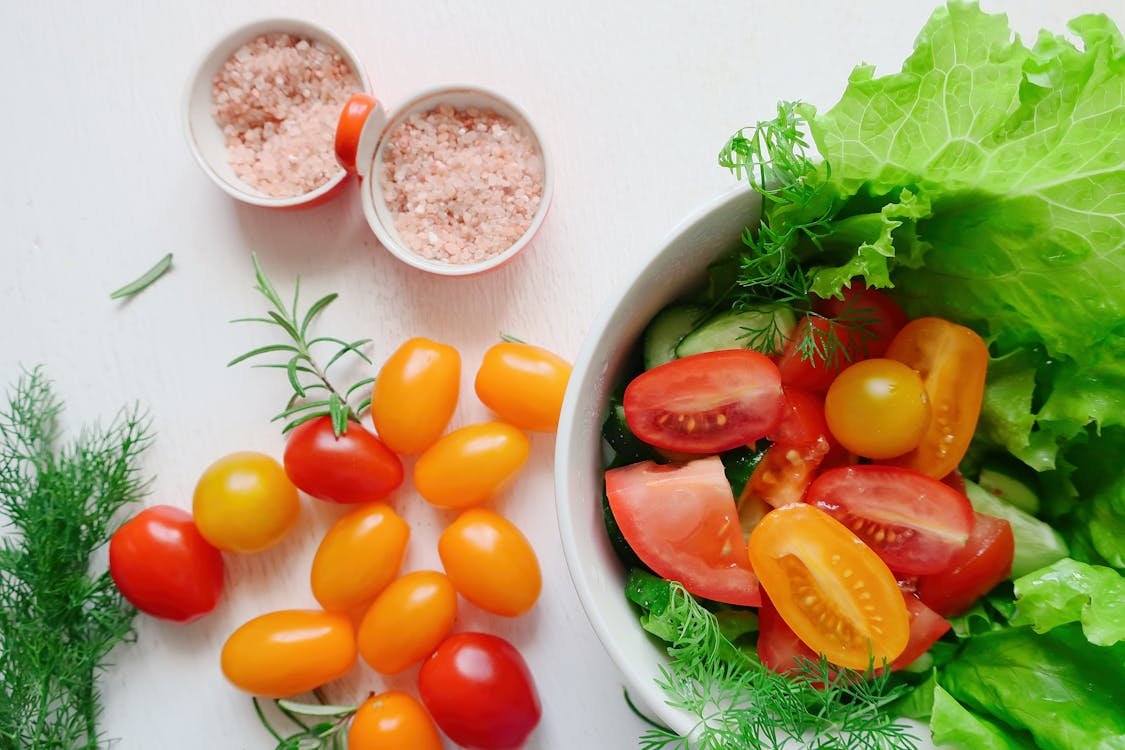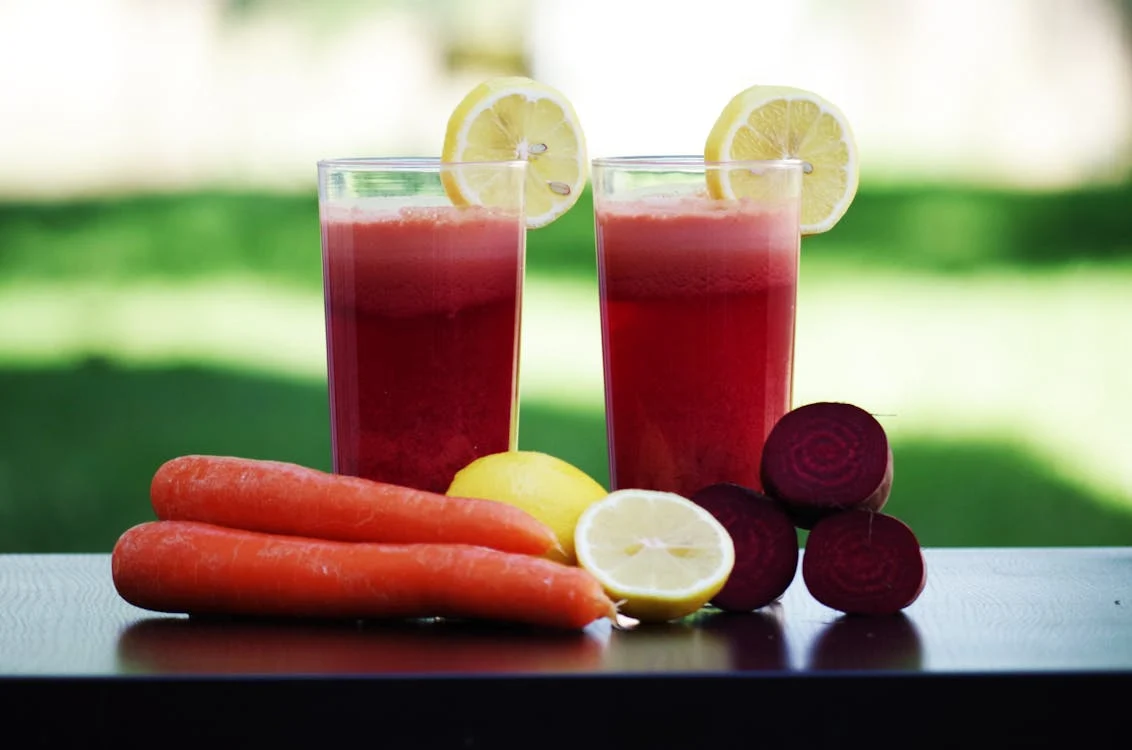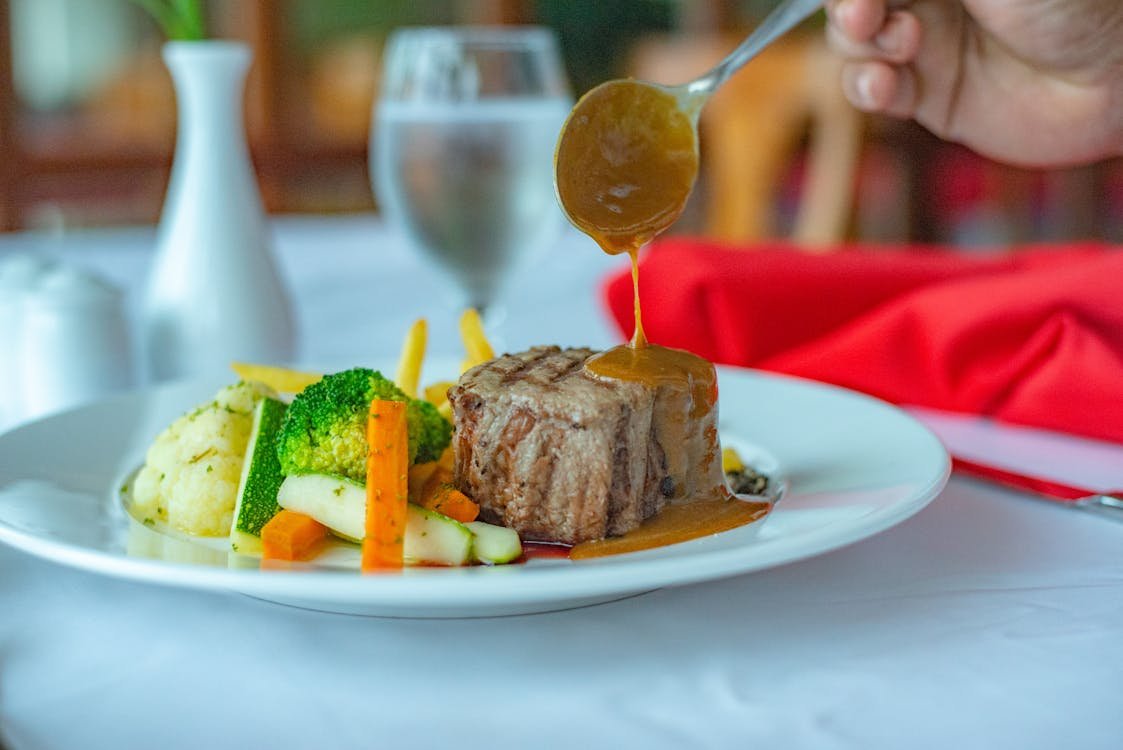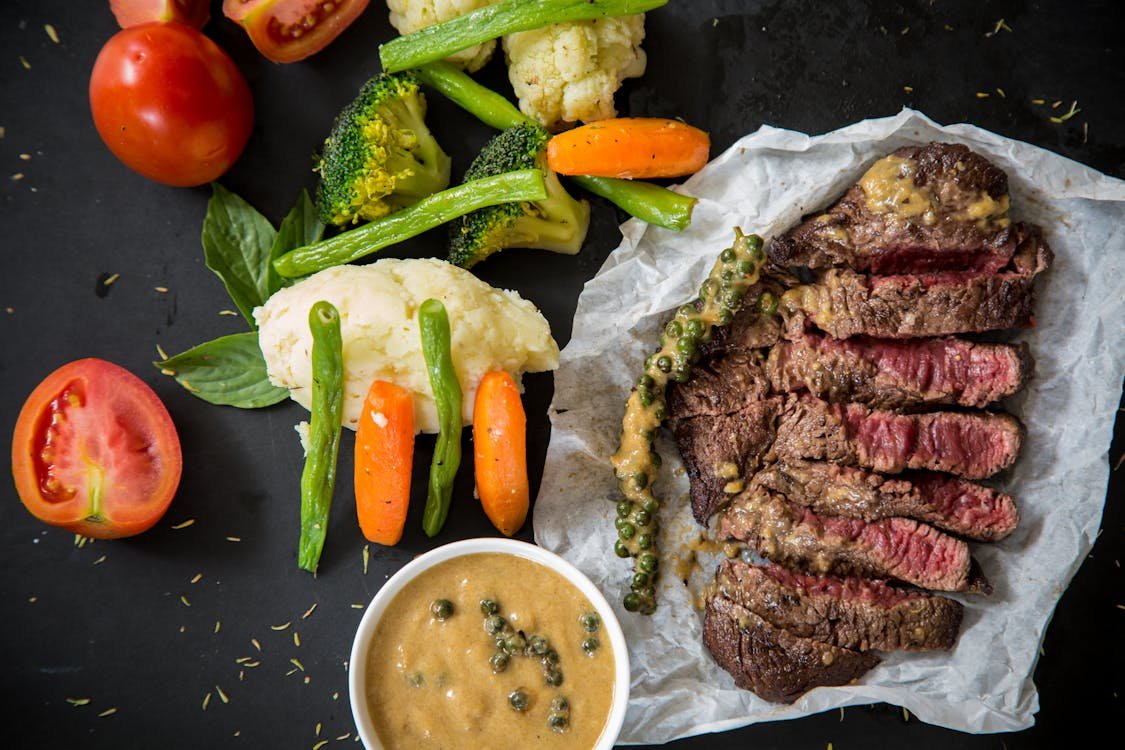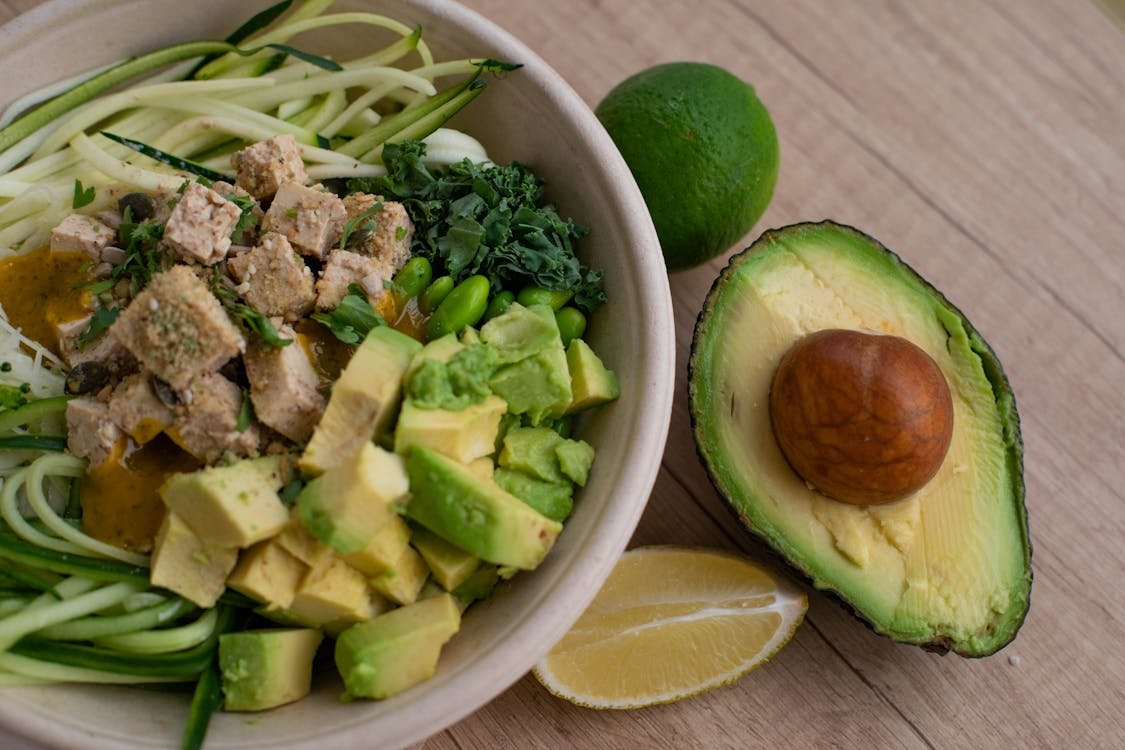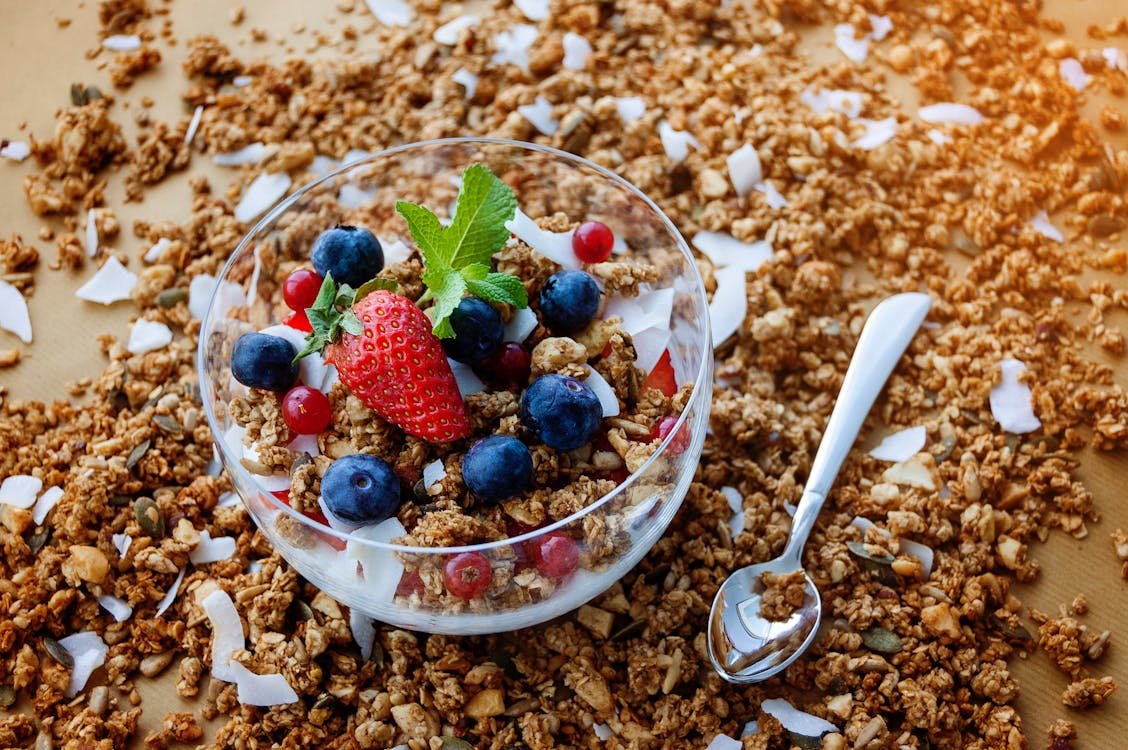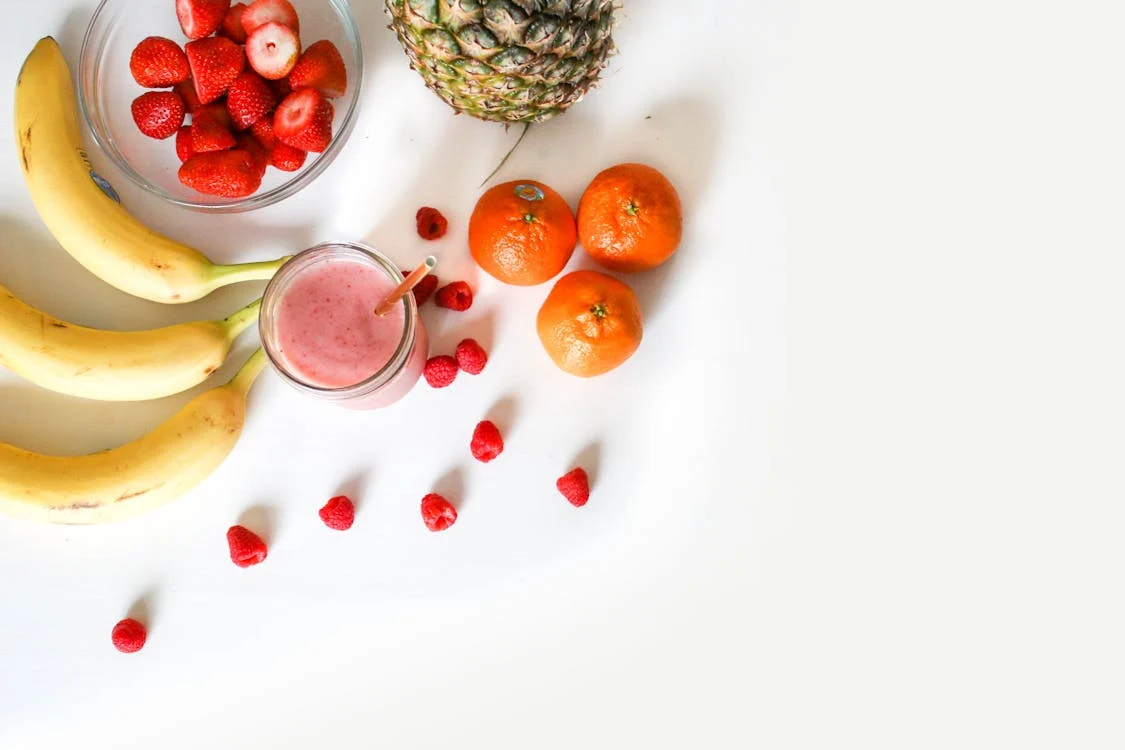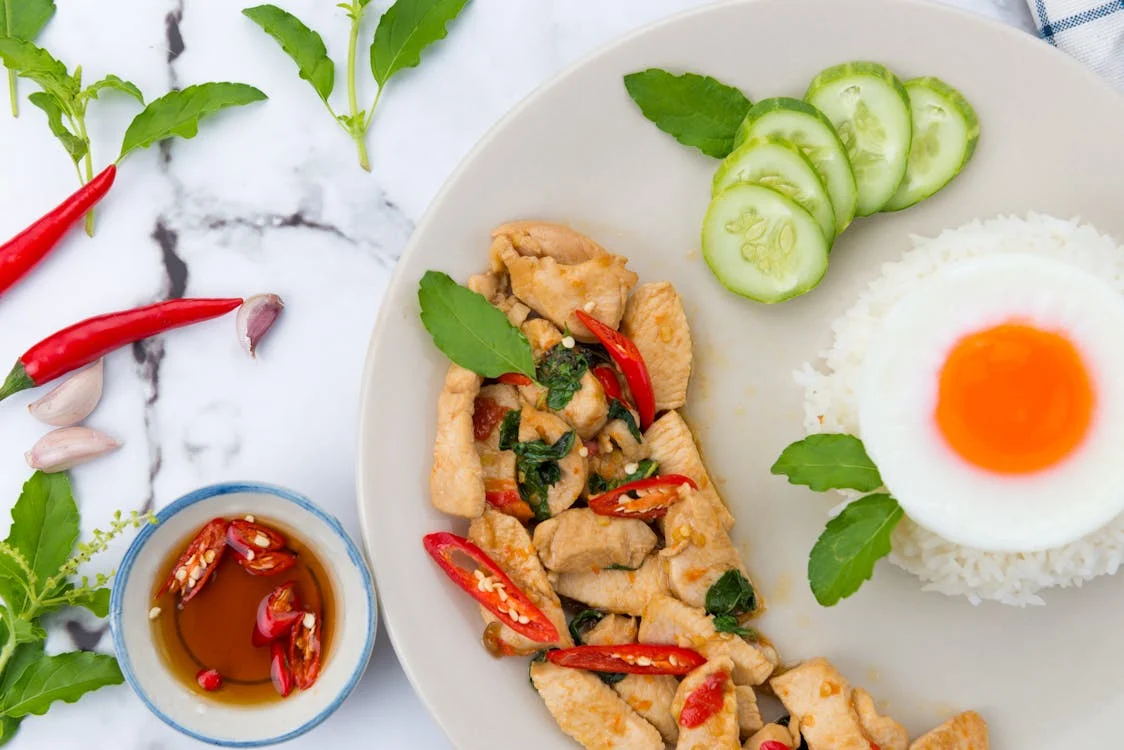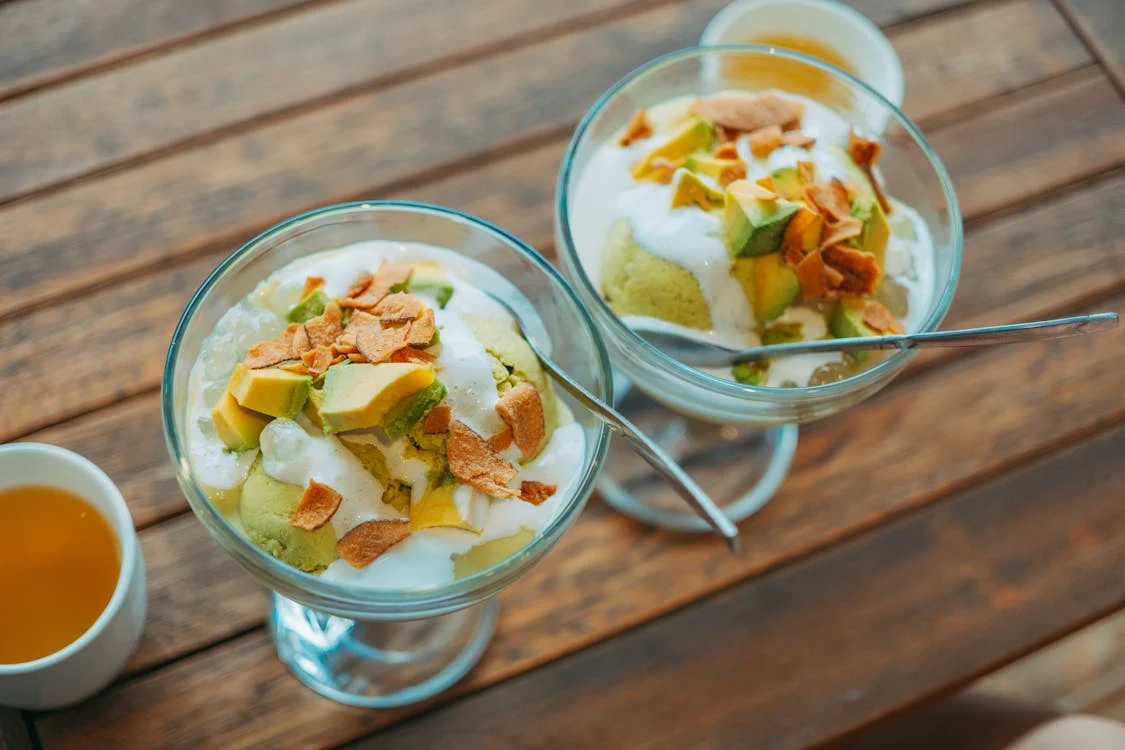When it comes to weight loss, there is a lot of conflicting information about what foods to eat, what to avoid, and how to structure your meals. However, the key to effective weight loss is not about depriving yourself or following extreme diets, but about nourishing your body with the right foods that support your metabolism, boost energy, and promote fat loss. This blog post will provide an in-depth guide on the best foods for weight loss, how they work, and how to incorporate them into a balanced diet for sustainable, long-term results.
The Science of Weight Loss
Before diving into the best foods for weight loss, it’s essential to understand the science behind it. Weight loss occurs when you burn more calories than you consume, creating a calorie deficit. This leads your body to use stored fat as energy. While calorie deficit is critical, it’s important to focus on the quality of the foods you eat, as they can impact your metabolism, appetite, and overall health, all of which contribute to weight loss.
The key is to select foods that are nutrient-dense, high in fiber, and rich in proteins and healthy fats, as these help keep you full for longer and reduce the likelihood of overeating. In contrast, highly processed foods, sugary snacks, and refined carbohydrates can lead to quick spikes in blood sugar, making it harder to maintain steady energy levels and cravings.
1. High-Protein Foods
Protein is a crucial macronutrient for weight loss. It helps in muscle building, repairs tissue, and supports a healthy metabolism. Protein also increases feelings of fullness, reducing hunger and cravings. Studies have shown that people who consume higher protein meals are more likely to lose weight and maintain muscle mass during the process.
Best High-Protein Foods for Weight Loss:
- Lean meats: Chicken breast, turkey, lean cuts of beef, and pork are excellent sources of protein with minimal fat content.
- Fish and seafood: Salmon, tuna, mackerel, and shrimp are not only high in protein but also rich in omega-3 fatty acids, which help reduce inflammation and support fat loss.
- Eggs: Eggs are among the most nutritious foods on the planet, packed with high-quality protein and essential nutrients. Studies suggest that consuming eggs for breakfast can help with weight management by curbing appetite and increasing satiety.
- Legumes and beans: Lentils, chickpeas, black beans, and kidney beans are excellent plant-based sources of protein and fiber, which can support digestive health and keep you feeling full longer.
- Greek yogurt: High in protein and calcium, Greek yogurt is a great snack option. Choose unsweetened versions to avoid added sugar.
2. Vegetables and Leafy Greens
Non-starchy vegetables are an excellent choice for weight loss because they are low in calories and high in fiber, vitamins, and minerals. These nutrient-dense foods help fill you up without adding a significant amount of calories to your diet. Fiber is particularly important because it slows down digestion, promoting feelings of fullness and preventing overeating.
Best Vegetables for Weight Loss:
- Leafy greens: Spinach, kale, collard greens, and arugula are low in calories but packed with fiber, vitamins, and minerals like vitamin K, vitamin A, and iron.
- Broccoli and cauliflower: These cruciferous vegetables are rich in fiber and contain compounds that may aid in fat loss.
- Zucchini and cucumber: These vegetables have high water content, helping to keep you hydrated while providing low-calorie options for weight loss.
- Bell peppers: Rich in antioxidants, bell peppers add flavor and crunch to your meals without contributing many calories.
- Asparagus: This vegetable is full of vitamins, antioxidants, and fiber, and it has a natural diuretic effect, which can help reduce bloating.
3. Healthy Fats
Many people avoid fats when trying to lose weight, but healthy fats are an essential part of a balanced diet. Fats are not only necessary for hormone production and cell health, but they also help keep you full and satisfied. Healthy fats are crucial for regulating blood sugar levels and can aid in fat burning by increasing your metabolism.
Best Sources of Healthy Fats:
- Avocados: Full of heart-healthy monounsaturated fats, fiber, and essential nutrients, avocados can help reduce appetite and improve fat burning.
- Nuts and seeds: Almonds, walnuts, chia seeds, flaxseeds, and pumpkin seeds are great sources of healthy fats and protein. Be mindful of portion sizes, as nuts are calorie-dense.
- Olive oil: Extra virgin olive oil is rich in monounsaturated fats and antioxidants, which can support fat loss and reduce inflammation.
- Coconut oil: While higher in saturated fat, coconut oil contains medium-chain triglycerides (MCTs) that may help increase metabolism and promote fat burning.
- Fatty fish: Salmon, sardines, and mackerel are excellent sources of omega-3 fatty acids, which can help reduce fat and improve overall health.
4. Whole Grains
Refined carbohydrates like white bread, pasta, and rice are often stripped of their fiber and nutrients, leading to blood sugar spikes and increased hunger. In contrast, whole grains are rich in fiber, which helps stabilize blood sugar levels, control appetite, and support healthy digestion.
Best Whole Grains for Weight Loss:
- Oats: Oats are high in soluble fiber, particularly beta-glucan, which has been shown to support fat loss by increasing feelings of fullness and improving cholesterol levels.
- Quinoa: A gluten-free grain packed with protein and fiber, quinoa is an excellent choice for those looking to lose weight while maintaining muscle mass.
- Brown rice: Brown rice is a whole grain that provides fiber and essential nutrients. It’s slower to digest than white rice, preventing blood sugar spikes.
- Barley: High in fiber and low in glycemic index, barley helps control blood sugar and keep you full.
- Buckwheat: Another gluten-free whole grain, buckwheat is rich in fiber, antioxidants, and protein, making it an excellent addition to a weight loss diet.
5. Fruits
Fruits provide essential vitamins, minerals, and antioxidants that support overall health. While some fruits can be high in sugar, many are rich in fiber, which slows digestion and reduces the impact on blood sugar levels. Including a variety of fruits in your diet can keep you satisfied while providing a natural sweetness without the excess calories of processed sugars.
Best Fruits for Weight Loss:
- Berries: Blueberries, strawberries, raspberries, and blackberries are low in calories and high in fiber and antioxidants, making them ideal for weight loss.
- Apples and pears: These fiber-rich fruits can help curb appetite and provide a satisfying, low-calorie snack.
- Grapefruit: Some studies suggest that grapefruit may help with weight loss by improving insulin sensitivity and reducing belly fat.
- Watermelon: With its high water content, watermelon is a hydrating and low-calorie option for a snack.
- Kiwi: This small, green fruit is packed with vitamin C, fiber, and antioxidants, which promote digestive health and may support fat burning.
6. Hydration
Staying hydrated is crucial for weight loss. Water helps flush out toxins, supports metabolism, and keeps you feeling full. Sometimes, thirst is mistaken for hunger, leading to unnecessary snacking. Drinking water before meals can reduce your appetite and help you consume fewer calories.
Tips for Staying Hydrated:
- Drink a glass of water before each meal to curb hunger.
- Add flavor to your water with lemon, cucumber, or mint.
- Choose herbal teas, which can be a comforting, low-calorie alternative to sugary beverages.
Weight loss is a journey that requires a combination of healthy eating habits, physical activity, and consistency. The best foods for weight loss are those that are nutrient-dense, rich in fiber and protein, and promote satiety. By including lean proteins, vegetables, healthy fats, whole grains, and fruits in your diet, you’ll support your body in burning fat, building muscle, and maintaining steady energy levels.
Remember, weight loss is not about drastic restrictions but about making mindful choices that nourish your body. Focus on incorporating these whole, unprocessed foods into your daily meals, and you’ll be on the path to achieving your weight loss goals in a sustainable and healthy way.
